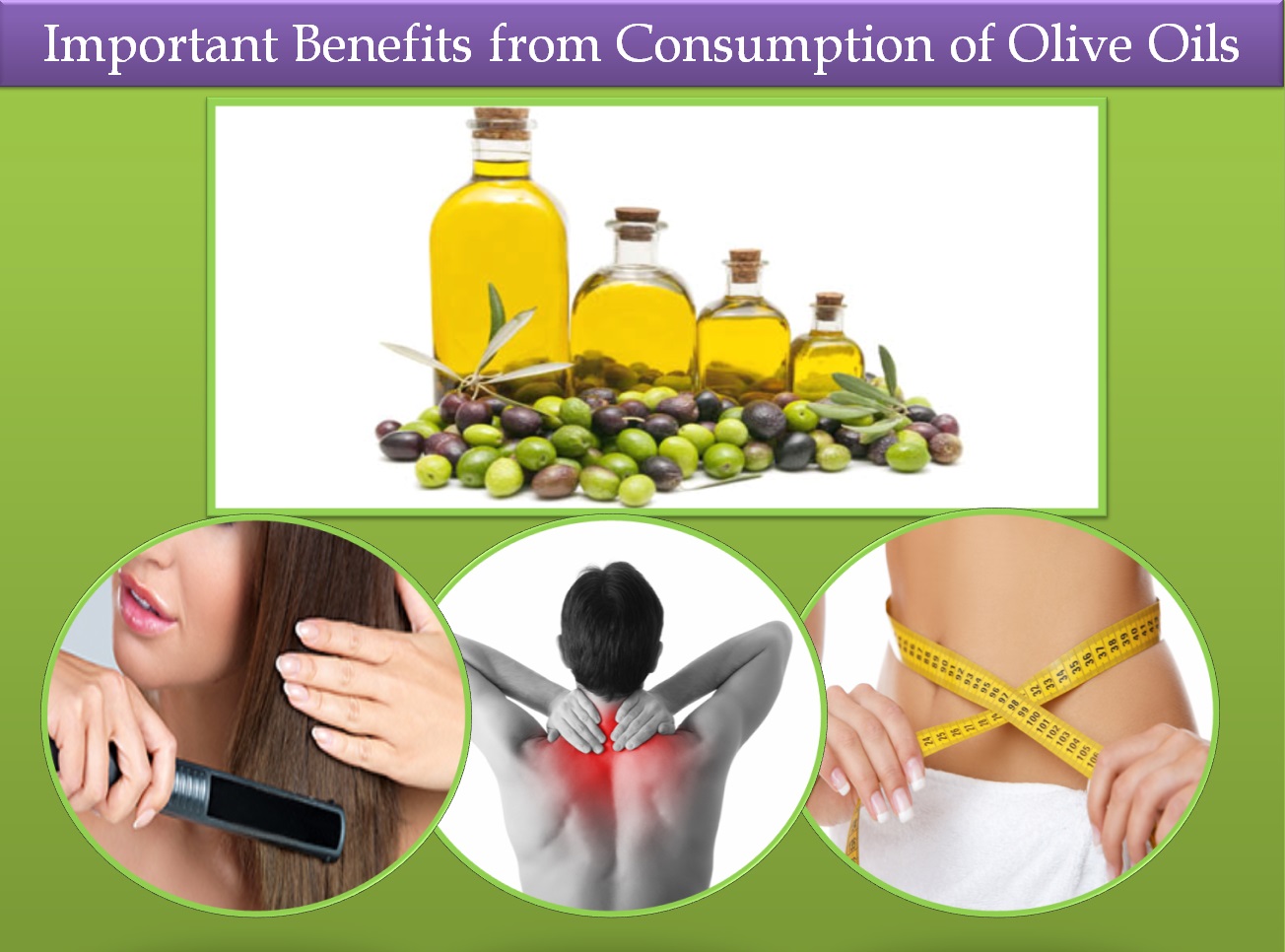The olive plant belongs to the family oleaceae and species olea europaea. It has a rich history dating back over 1000 years and was described in ancient times as one of the most “perfect Foods”. Other historians have claimed that specimens in the “garden of Gethsemane” date back to times before Christ. The olive fruit from tree is initially non-palatable and goes through a process of treatment while unripe to produce green olives or after ripening to produce black olives.
Cultivation
The plant has been widely cultivated in Greece and has spread to the wider western Mediterranean region. The Greek olive is widely recognized as a fine meal due to the unique fruity, buttery and pepper like taste that is also found in the olive oil. The extra virgin olive oil derives this name largely from the high quality aroma and taste. It has an acidity percentage of less than 0.8% per 100g. The lower the acid levels the higher the quality. Compared to other countries, olive oil from Greece ranks the best due to the climatic conditions and refined processing experience through years and years of cultivation.
Kalamata olives from Greece are especially world renown due to their distinctive almond shape, low acidity and the reddish brown color. The geographical location creates the special climate best suited for olives production all year round.
Medicinal and Nutritional Values
Apart from the taste, there are various other important benefits from consumption of olives. These are:

-
Cardiovascular System:
Antioxidants present in olives prevent oxidation of cholesterol thus preventing occurrence of heart disease. The olives contain healthy mono unsaturated fats that reduce the risk of atherosclerosis and increase levels of good cholesterol. -
Weight Reduction:
The monounsaturated fat in olives promotes weight loss. Olive oil consumption has been found to lead to reduction in belly fat and reduce insulin insensitivity. When blood tests are done, people consuming olive oils have higher level of serotonin, which reduces the urge to feed. -
Cancer Prevention
Chronic oxidative stresses and chronic inflammation are among major factors in cancer development. The anti oxidant and anti-inflammatory properties of olives makes them natural protective agents against cancer.-
Pain Relievers
-
Skin and Hair protection
-
Protection Against Allergies
Olive oil extracts have been found through research to act as anti histamines at the cellular level. They act by blocking special histamine receptors (H1 receptors) and the unique chemicals in olives help reduce the cell’s histamine reaction. It is also believed that olive oils play crucial role as anti allergens.The role of Greek olives in today’s diet continues to increase and in some Mediterranean countries, olive oil has been the main source of fats in people’s diets.
-

